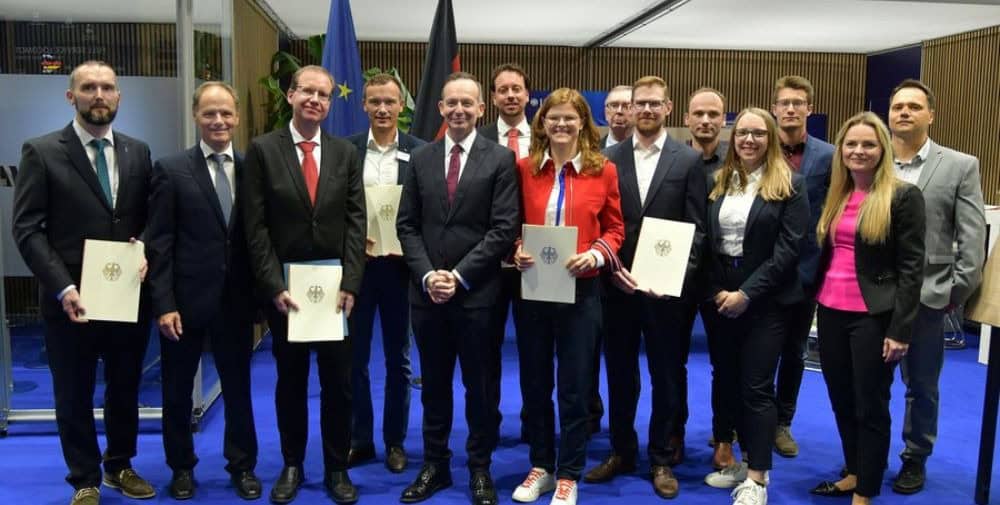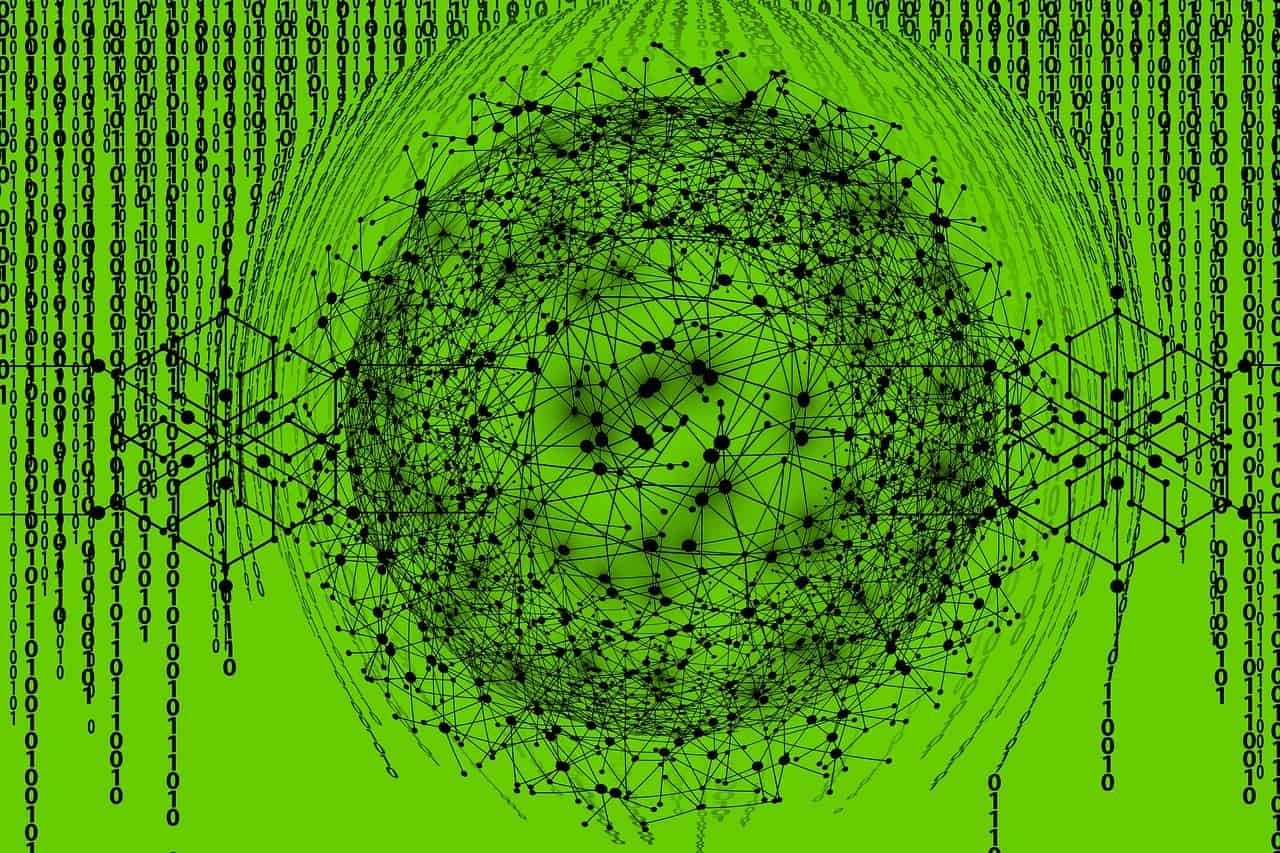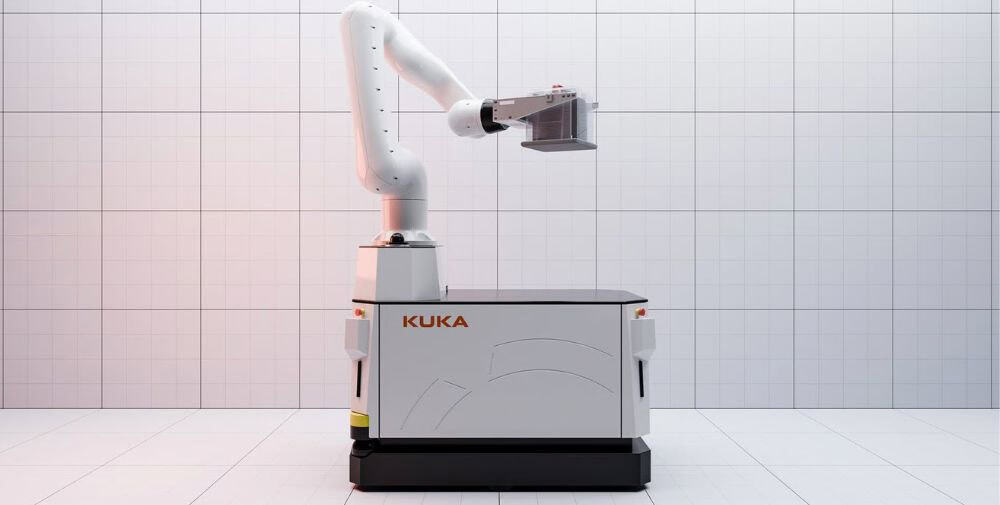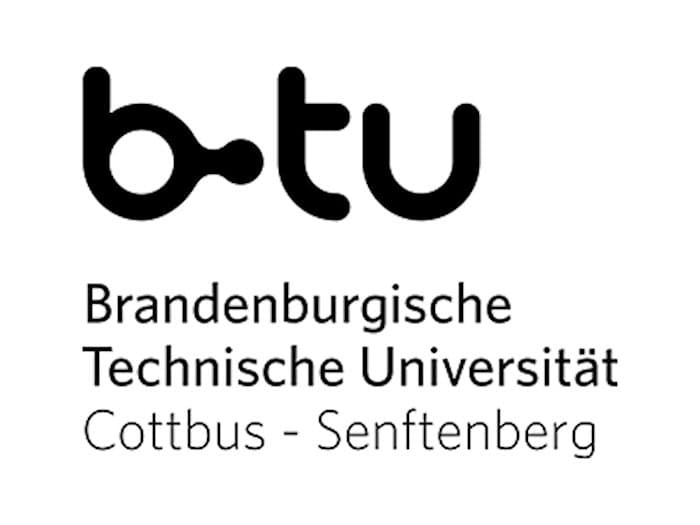
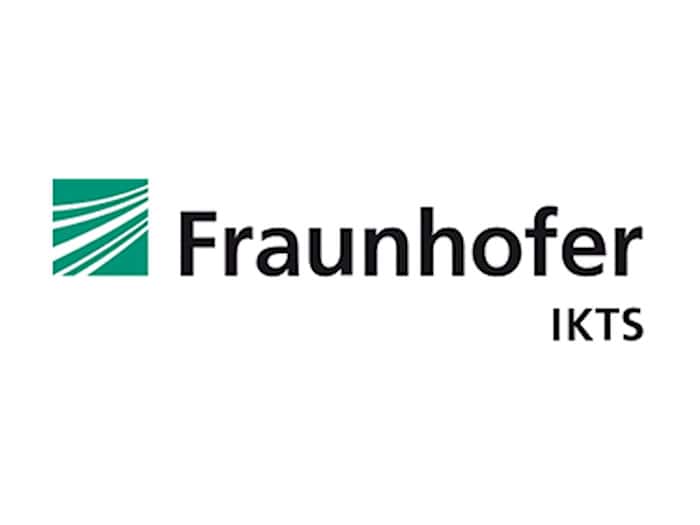
Artificial intelligence (AI) and sensor technology are set to make train maintenance even more precise, economical and sustainable in future. This is because the maintenance of rail vehicles in particular needs to reconcile two objectives: On the one hand, parts and components should be used for as long as possible in terms of sustainability and cost-effectiveness. On the other hand, safety and comfort must not be compromised.
The aim of predictive maintenance is to replace components as close as possible to an imminent failure: sophisticated sensors permanently record relevant data on the train. AI helps to detect deviations from standards in the extensive data sets and thus impending failures at an early stage. Combined with intelligent workshop planning, which keeps the right workshop tracks free in good time, components that are likely to fail can then be replaced quickly.
Experts from various institutions are now researching sensors for data collection, AI that evaluates the data and combines the evaluations with practical experience from maintenance. They are also working on digital support for workshop capacity planning. The Brandenburg University of Technology Cottbus-Senftenberg (BTU), the new Cottbus plant of DB Fahrzeuginstandhaltung and the Fraunhofer Institute for Ceramic Technologies and Systems IKTS with partners from Lusatia are involved in the project.
Dr. Volker Wissing, Federal Minister for Digital Affairs and Transport, today presented funding decisions totalling 5.2 million euros for the “DEFLECTOR” and “D4M” projects at the InnoTrans transport technology trade fair in Berlin.
Dr. Volker Wissing, Federal Minister for Digital Affairs and Transport: “Digitalization and the use of AI can help to optimise train maintenance. This saves money, helps in times of a shortage of skilled workers and is also sustainable. My House is therefore providing a total of over 54 million euros for research and development in the fields of rail transport, local public transport and artificial intelligence via the mFUND. The mFUND research initiative is intended to promote the development of digital business ideas and data innovations for the mobility of the future and support projects such as these.”
Prof. Dr.-Ing. Michael Hübner, Vice President for Research and Transfer at BTU Cottbus-Senftenberg: “With the combination of artificial intelligence and state-of-the-art sensor technology, we are delighted to be working with our partners to advance solutions for the maintenance of rail vehicles. BTU benefits from these projects by further expanding our expertise in artificial intelligence and sensor technology and developing practical innovations that attract attention not only regionally but also internationally. At the same time, our research is making a significant contribution to strengthening Lusatia as a region of the future and supporting companies in increasing their competitiveness through digital technologies.”
Dr. Daniela Gerd tom Markotten, Board Member for Digitalization and Technology at Deutsche Bahn AG: “Even today, every ICE that we maintain in Cottbus is an ambassador for the economic strength and technological expertise in Lusatia. We are strengthening this with the two three-year research projects that are now starting. Sophisticated sensor technology, real-time data, AI and our DB360 analysis environment are helping us to continuously optimize maintenance. This makes the climate-friendly railroad even more sustainable and economical – and therefore even more attractive for customers. They benefit from well-maintained vehicles that allow them to travel safely and reliably at all times.”
Dr.-Ing. Christian Wunderlich, Deputy Director of Fraunhofer IKTS: “We would like to thank the BMDV for enabling us to demonstrate – through the mFUND funding of the ‘DEFLECTOR’ and ‘D4M’ projects – how the combination of sensor technology for condition monitoring with data on maintenance processes and customized AI methods increases the availability of rail vehicles and thus the attractiveness of sustainable mobility. Together with strong partners, DB, BTU and local SMEs, the Fraunhofer IKTS research group “Cognitive Material Diagnostics” in Lusatia is developing AI-based solutions for efficient preventive maintenance and thus supporting the economic transformation of the region.”
The Federal Ministry for Digital and Transport (BMDV) is funding the two research projects “DEFLECTOR” and “D4M” as part of the structural strengthening component of its mFUND funding program. Projects are supported that promote digital transformation and innovation in regions affected by structural change. The two research projects are being carried out by BTU, DB and Fraunhofer IKTS together with partners from Lusatia. The consulting firm Umlaut, the rail software company Zedas from Senftenberg, the Cottbus IT company ProFunk and the Center for Hybrid Electric Systems Cottbus (chesco), which is being established at BTU Cottbus-Senftenberg, are involved.
Project DEFLECTOR on real-time monitoring and performance tracking for rail vehicles
In the DEFLECTOR project, vehicle inventory data and maintenance processes are recorded, processed and enriched with practical employee know-how. To this end, the project partners are developing a concept for implementing wirelessly communicating sensor networks in existing vehicles. Using machine learning methods, the collected data will be used to predict the condition of the vehicles in order to reliably plan and optimize necessary maintenance and repair work. In addition, technologies and methods using wireless sensors for continuous condition data acquisition are being investigated, which can be retrofitted to existing vehicles if necessary. The comprehensive picture from collected and historical data enables the implementation of innovative solutions to increase the efficiency of maintenance processes and maximize vehicle availability.
Project D4M: Intelligent order planning and control in the maintenance of public transport
The D4M project focuses on data generation and processing for the maintenance of public transport vehicles. Extensive data models and algorithms for the use of AI are being developed to improve order planning and plant control in maintenance. In addition to research-generated data sets, real data sets from project partners are also used to test the algorithms and systems developed. Current framework conditions for maintenance planning and control in public transport, data acquisition processes for the diagnosis of means of transport, AI-based application concepts and the application potential of AI in maintenance are being investigated. Design approaches for AI-related development work are derived on the basis of international standards.
The DEFLECTOR and D4M projects benefit from the structural strengthening component of the BMDV funding program mFUND, which supports projects that promote digital transformation and innovative strength in regions affected by structural change. An outstanding example of this structural strengthening is the new Deutsche Bahn AG plant at Cottbus Central Station, which is being built for the maintenance of ICE trains. This plant plays a central role in the implementation of both projects. Innovative solutions with a model character are being developed and tested here, which can be transferred to other plants depending on the situation. The three project partners are working together in both projects at the new maintenance depot in Cottbus with partners in Lusatia.
The Brandenburg University of Technology Cottbus-Senftenberg (BTU) is using its scientific expertise to develop practical solutions for shaping the major issues of the future and transformation processes with partners in the region and around the world.
The DB Group is a leading provider in the field of mobility and logistics. The DB Group essentially consists of the rail system group and the major international subsidiary DB Schenker. The Systemverbund Bahn comprises the passenger transport activities in Germany, the rail freight activities, the operational service units and the railroad infrastructure companies. The DB Group, headquartered in Berlin, employs around 340,000 people. The focus of its business activities is on rail transport in Germany.
The Fraunhofer Institute for Ceramic Technologies and Systems (IKTS) has been involved in research and development in the field of non-destructive testing (NDT) for many years. In addition to the development of methods, sensors and devices for material and component diagnostics, the research group “Cognitive Material Diagnostics”, which is based at the BTU in Cottbus, focuses on intelligent systems for material diagnostics and predictive maintenance based on artificial intelligence (AI) and machine learning (ML).
The Center for Hybrid Electric System Cottbus (chesco) is a center for research into hybrid-electric and electrical systems for the mobility of the future. Drives for cross-industry applications are developed, manufactured and tested here in order to accelerate innovation cycles through rapid prototyping and complete digitalization.
For over 25 years, Profunk electric Service GmbH from Lusatia has stood for experience with state-of-the-art communication technology in the construction of ICT solutions and maximum reliability in system service. This expertise makes it an important partner for this project when it comes to setting up a wireless sensor network.
umlaut (part of Accenture) combines powerful skills in digital transformation with in-depth engineering expertise in the rail industry, among others. With networked and intelligent end-to-end solutions, umlaut (Part of Accenture) optimizes the operational value chain on the railways.
About the mFUND funding programme of the BMDV
As part of the mFUND funding programme, the BMDV has been supporting research and development projects relating to data-based digital innovations for the mobility of the future since 2016. The project funding is supplemented by active professional networking between stakeholders from politics, business, administration and research and the provision of open data on the Mobilithek.
– – – – – –
Further links
👉 www.b-tu.de
Photo: Deutsche Bahn
